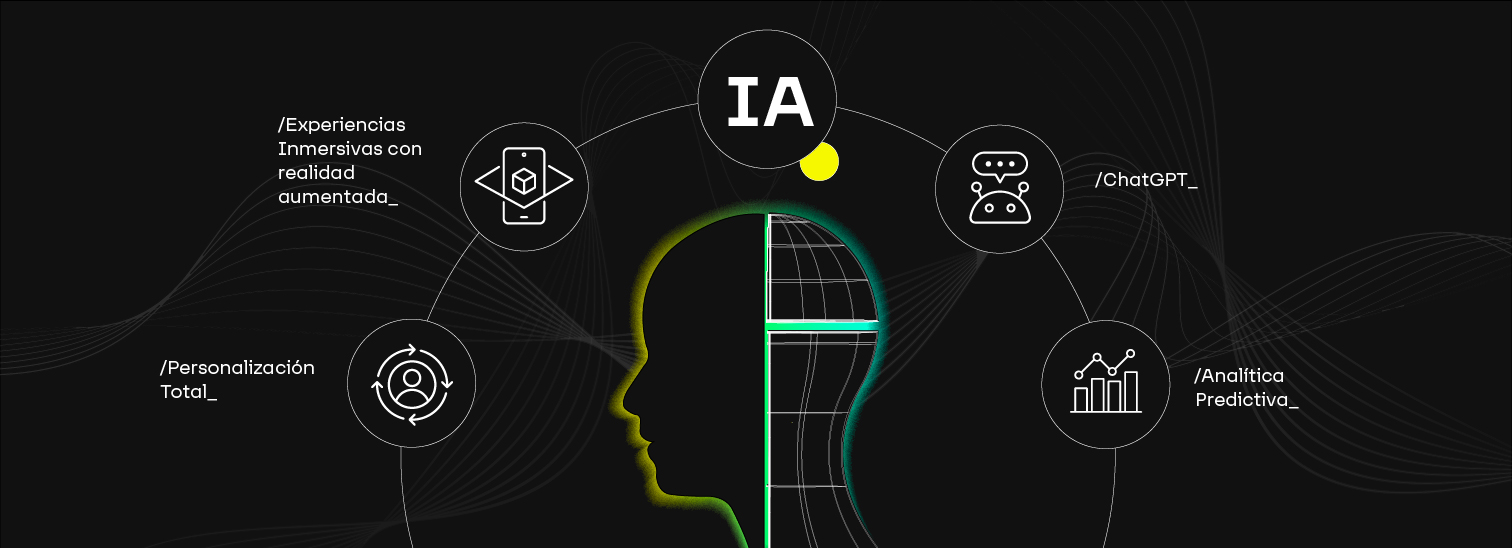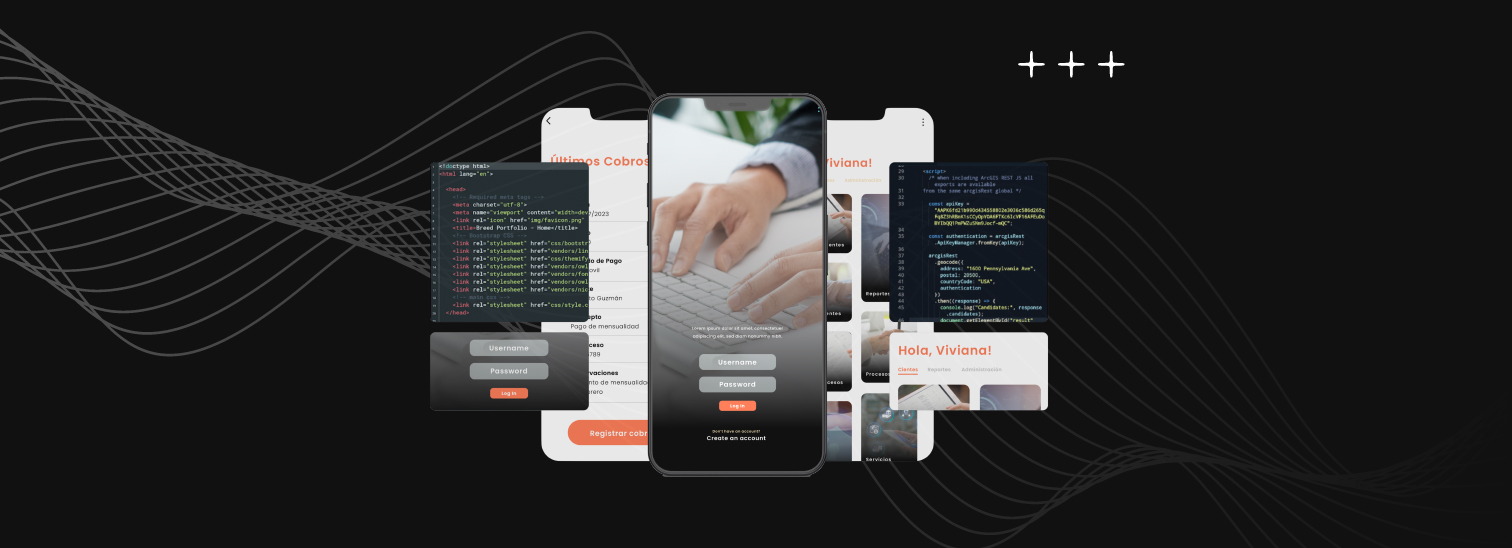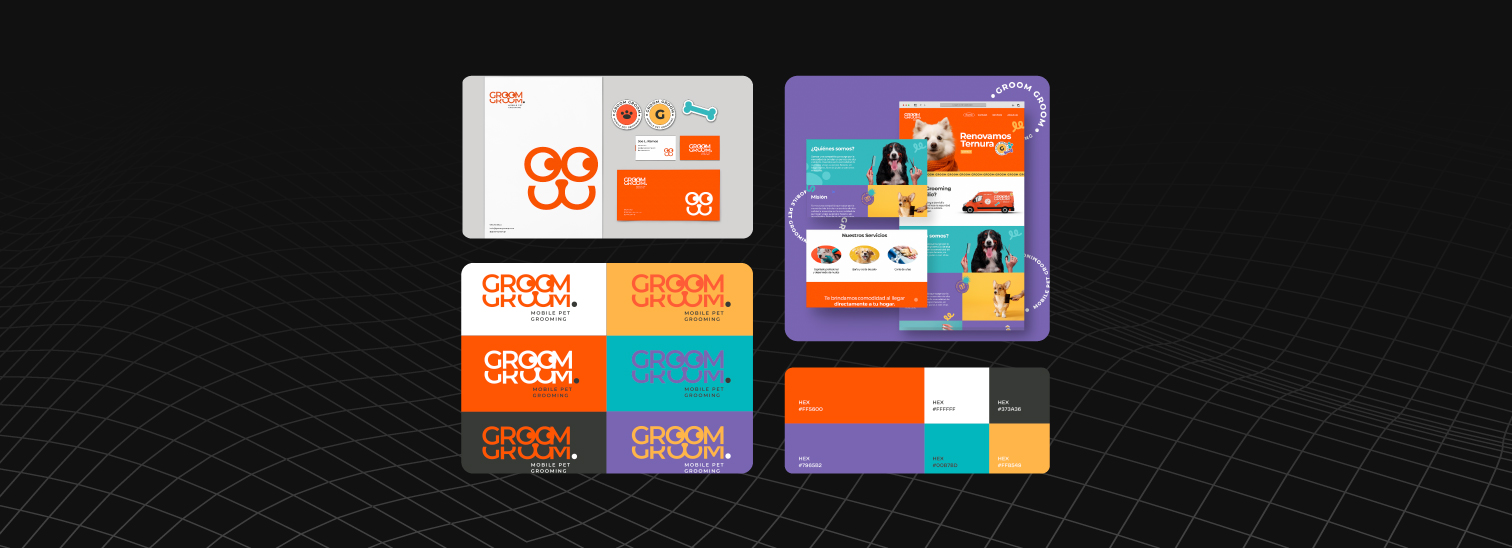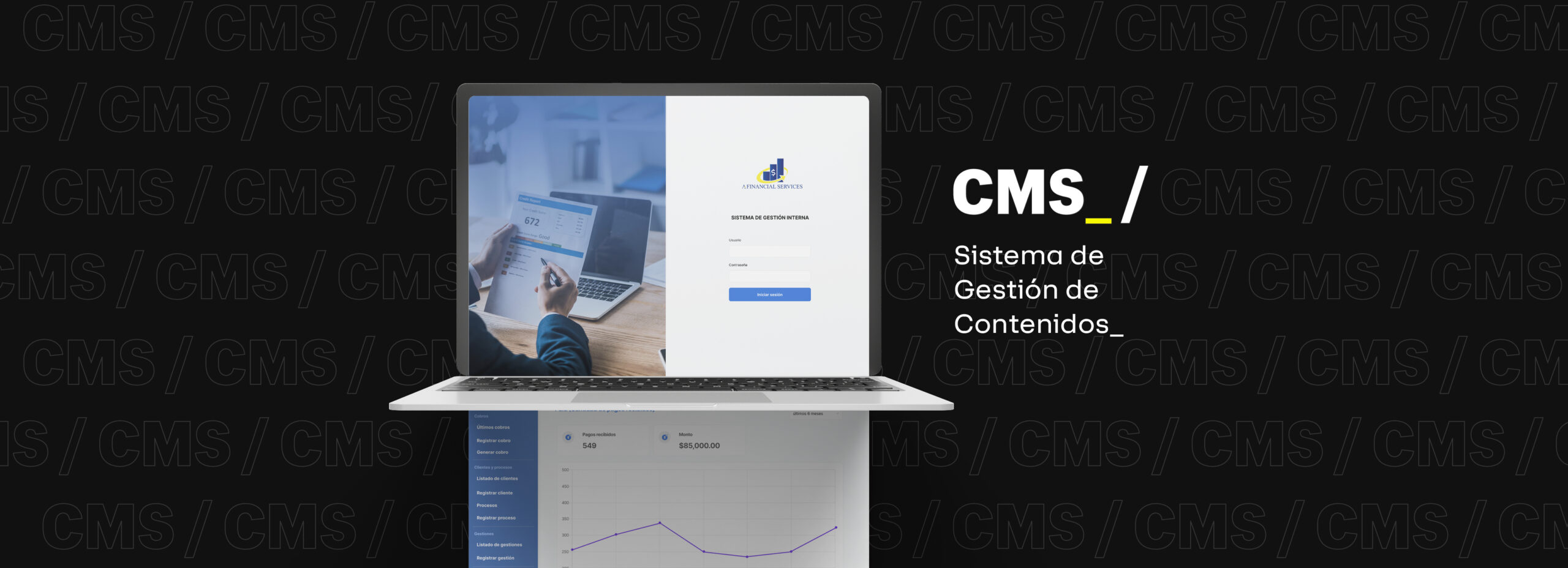



Be the first to know about the latest trends in the digital world.
CMS Uncovered: Understanding Content Management Systems
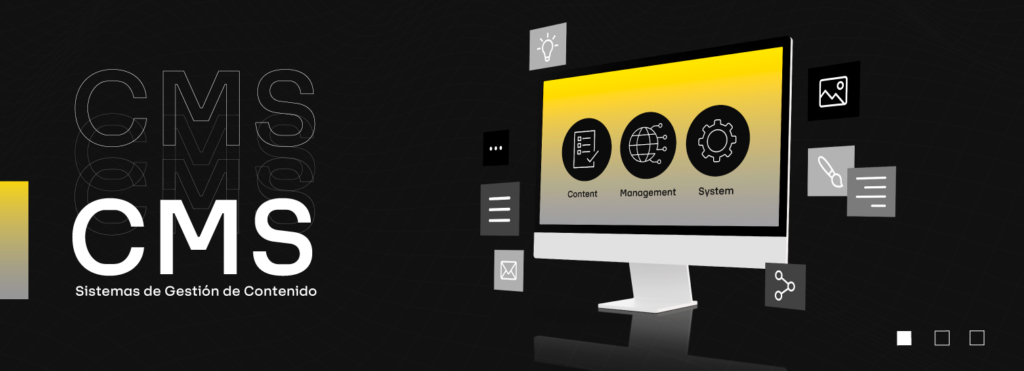
At its most basic essence, the CMS (Content Management System) serves as the backbone that stores and manages all aspects of your website.
Its complexity goes beyond a simple repository of information; It is the key to creating dynamic pages, independent collaboration of editors, and a vital tool to capture your visitors with content.

What is a CMS and how does it work?
The CMS, or Content Management System, is an online system that makes it easy to quickly launch websites. Its distinctive advantage lies in the ability to manage dynamic content in a simple way.
It works similar to an online newspaper or magazine, where the constant need for new content requires a complete technical structure for each publication.
With a CMS we simplify this process, allowing users to focus on strategy and content creation, without worrying about technical complexity.
Creating Dynamic Pages: A Universe of Possibilities
Imagine the ability to use one layout to showcase all types of content, from projects and portfolios to listings and services.
This not only minimizes the effort required to manage your site, but also ensures constant visibility in search engines, thanks to the SEO standards maintained by the CMS.
Centralized Storage: Organization in Collections
The CMS also allows you to centralize content management, keeping it separate from the Editor. This approach makes it easy to update frequently without affecting the site’s design. Structuring is achieved through collections, where content is organized in a grid composed of elements and fields.
Efficient Collaboration: Protecting Design Integrity
Is it possible to allow others to collaborate on your content without fear of them altering the design of your site? Yes, with the CMS, this vision becomes a reality by setting the right permissions.
This feature not only simplifies collaboration, but also preserves the visual integrity of your platform.
Designs for Dynamic Pages
The CMS not only allows you to create dynamic pages, but also introduces the notion of presets. These ready-to-use dynamic page sets grow and evolve with the content, providing an efficient way to display a wide range of information on your website.
Expanded Interaction: From Visitors to Collaborators
These platforms also facilitate interaction with visitors through forms that allow them to submit information and content.
In fact, the CMS manages the collection, storage and presentation of this data in collections, opening the door to the use of content generated by visitors.
Connecting Elements to Content: A Coherent Experience
It also connects page elements to data sets that link to your collection. This allows you to display content consistently across various page elements, providing a fluid and engaging user experience.
Content Control with Data Sets: Limitless Personalization
Controls the presentation, ordering, sorting and filtering of content using data sets. These act as the bridge between your collection and your page elements, giving you unparalleled control over how information is displayed.
Day Perez
CEO at Neurona agency
